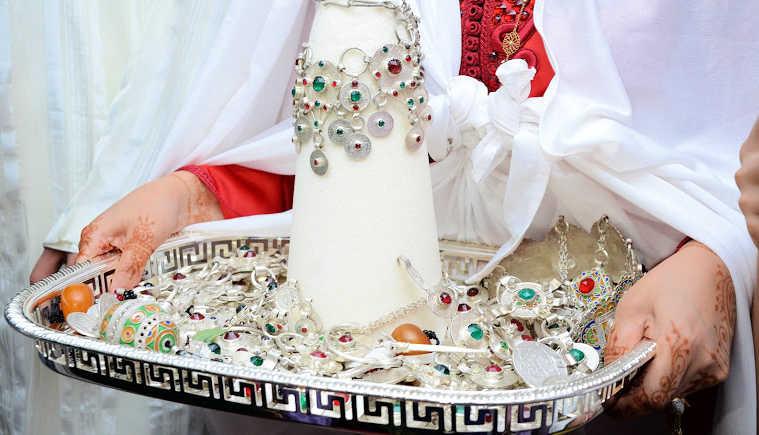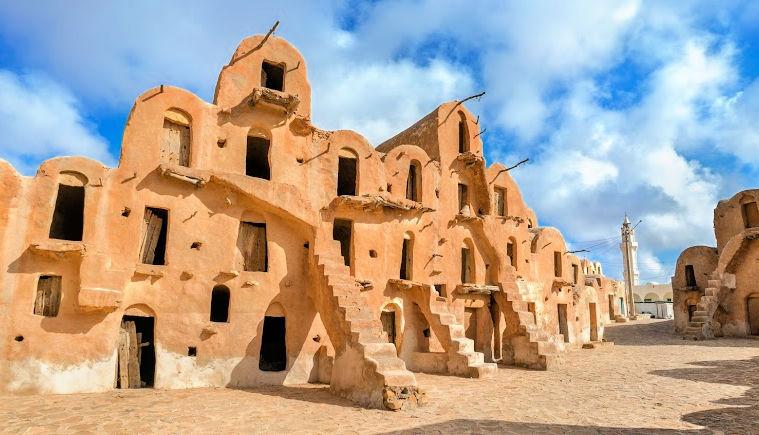Curiosities about Morocco and its culture
The Morocco flag, and is characterized by the presence of a green star in the center. In Islam, the country’s main religion, the green star is a symbol of wisdom, peace, health and life. The star was imposed by Marshal Hubert Lyautey in 1915.
The most loved drink by Moroccans is undoubtedly green tea with mint: it accompanies pretty much every moment of their day and their life; sipping it with loved ones is a very important ritual.
In Morocco, more than anywhere, marriage is perceived, both socially and religiously, as an act of great importance.

Marriage in Morocco is celebrated according to an ancient traditional ceremony. Everything begins the day before the wedding ceremony, with a purifying bath of the bride, which is done along other women close to her such as relatives or friends. The perfume of incense is released in the air and candles are lit because, according to tradition, they illuminate the path to happiness. Afterwards, a woman decorates the bride’s hands, arms and feet with henna thus protecting the marriage from evil spirits and the evil eye. On the wedding day it takes place the “Berza“, a large bride presentation ceremony. The spourse, rressed in a traditional “tachcita” that can be changed up to 10 times depending on the social position of the bride, seats in a “strategical” position so to be seen and admired by all the guests, in a festive environment rich in sounds and colors.
Since ancient times, Argan oil is produced by Moroccan population for its health and beauty properties, by slowing down the traditional signs of aging. Argan is a tree that grows in Morocco, in the southwestern areas. It seems that the first plants appeared 80 million years ago. Argan oil is used for its emollient, moisturizing and highly elasticized properties; it stimulates cell renewal and is used for massages and muscle relaxation. One of the main features of this oil is its high content of vitamin E. In fact, Argan oil contains twice as much Vitamin E as olive oil.
In Morocco, the sovereign is considered not only the political leader of the country, but also the religious leader (“defender of the faith” and “commander of believers”), and also the head of the armed forces.

“Ksar” and “Kasbah” are typical elements of morocan architecture. “Ksar”, which means “castle”, represents the fortified village with a square or rectangular shape area surrounded by walls. “Kasbah”, which translates as “fortress”, is a urban structure typically found in southern Morocco which is characterized by towers and crenelated walls.

